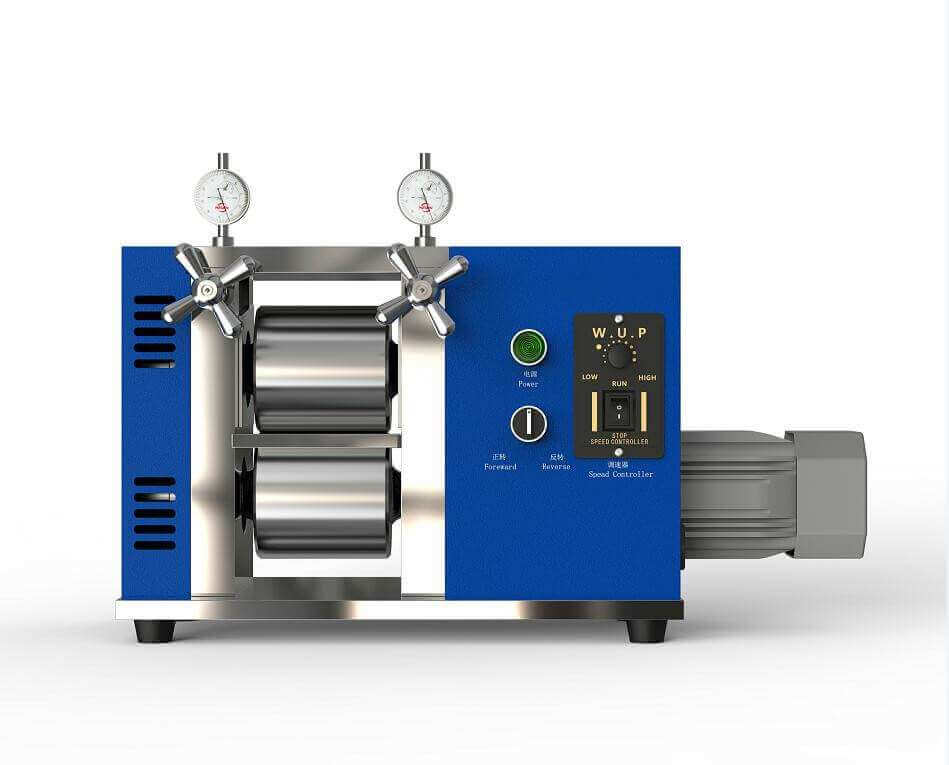- E-Mail : David@tmaxcn.com
- E-Mail : Davidtmaxcn@gmail.com
- : No. 39, Xinchang Road, Xinyang, Haicang Dist., Xiamen, Fujian, China (Mainland)
A Pouch Cell fabrication equipment is a specialized piece of equipment used in the manufacturing process of pouch cells, which are a type of lithium-ion battery commonly used in various applications, including portable electronic devices and electric vehicles. These machines are designed to automate and streamline the production of pouch cells with precision and efficiency. Here are the key components and functions typically associated with a Pouch Cell fabrication machine:
Electrode Coating: This machine can apply electrode materials, typically cathode and anode materials, onto thin foil substrates with precise thickness and uniformity. The coating is a critical step in the production of lithium-ion cells.
Calendering: Electrode Calendering machine are used to compress and smooth the coated electrode materials to achieve the desired thickness and density. This helps enhance the electrode's performance.
Electrode Cutting: After coating and calendering, the machine may have a cutting mechanism to create precise shapes and sizes for the cathode and anode electrodes.
Separator Handling: The machine can handle separator materials and accurately position them between the cathode and anode layers during the cell assembly process.
Electrode Stacking: It involves the precise stacking and alignment of the cathode and anode electrodes along with separator layers to create the layers that make up the battery cell.
Cell Formation: The machine can encapsulate and seal the stacked electrodes and separator layers within a flexible pouch, forming the basic structure of the pouch cell.
Electrolyte Filling: In some cases, these machines are equipped with systems to inject the appropriate electrolyte into the pouch cell, which is necessary for ion conduction.
Sealing and Welding: To ensure the pouch cell's integrity, the machine can perform heat sealing or other sealing methods to close and seal the pouch, creating a hermetic seal.
Quality Control and Testing: Pouch cell fabrication machine often include built-in quality control and testing mechanisms. These can perform tests on the finished cells to ensure their performance and safety meet the required standards.
Safety Measures: Safety features, such as containment systems for electrolytes and gas management, are integrated into the machine to ensure the safe handling of lithium-ion cells.
Automation and Control: Modern pouch cell fabrication machines are highly automated and controlled by computer systems to ensure precision, consistency, and efficiency throughout the manufacturing process.
Environmental Considerations: Machines may include mechanisms for managing waste materials and ensuring that environmental regulations are .
These machines are essential in mass-producing high-quality pouch cells efficiently and with a high degree of precision. They play a crucial role in meeting the demand for lithium-ion batteries in various industries.
 English▼
English▼





 +86 13174506016
+86 13174506016 David@tmaxcn.com
David@tmaxcn.com

